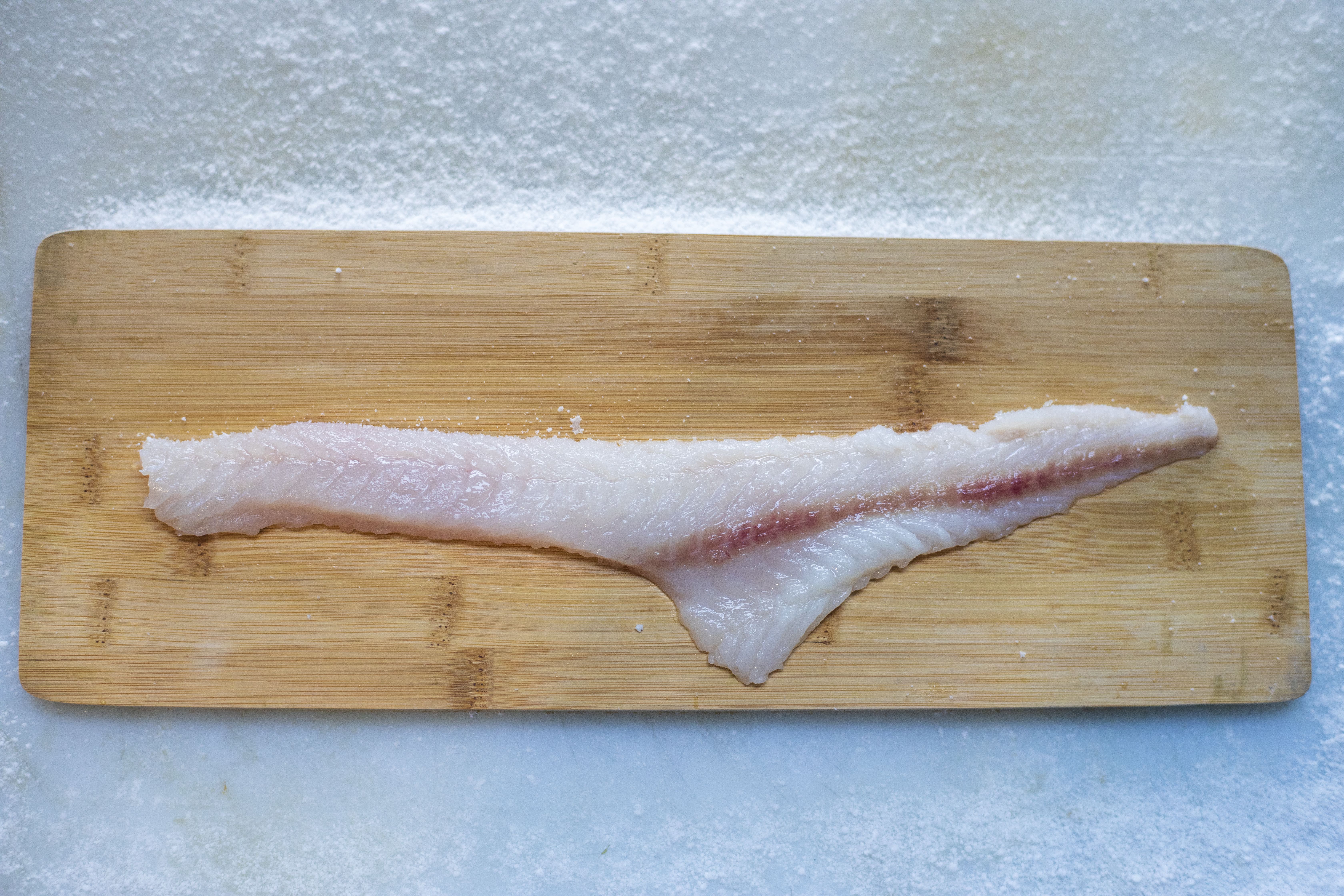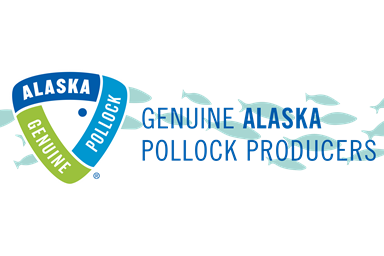Craig Morris , October 16, 2023
Association of Genuine Alaska Pollock Producers Statement on Uyghurs Forced Labor Investigation

SEATTLE, Wash.— The Association of Genuine Alaska Pollock Producers (GAPP) and its member companies—representing the entire harvesting capacity of the U.S.-wild caught, once-frozen Alaska Pollock industry—were horrified to read the new report, published in The New Yorker, on human rights abuses happening in the Chinese seafood reprocessing sector. The horrific and blatant human rights violations catalogued in the important article and by Ian Urbina’s Outlaw Ocean Project do not represent the practices of our members, those that primarily process our Wild Alaska Pollock products after harvest, or those that secondarily process our Wild Alaska Pollock into the products seen by consumers in our customers’ facilities around the world.
Our entire U.S.-caught and processed Wild Alaska Pollock supply chain adheres to the highest standards for labor, sustainability and safety and is traceable from ‘ocean to plate.’ As such, we join our colleagues at the At-Sea Processors Association (APA) and others in seafood policy in supporting swift action by all relevant authorities to ensure that seafood that does not meet the high standards set by our industry and other legitimate seafood industries are protected from reputational damage inflicted by those not ethically harvesting and processing seafood.
Consumers around the world expect that their Alaska Pollock comes from Alaska. Countless surveys conducted by GAPP in major seafood markets in the U.S. and Europe confirm this. This confusion around the name “Alaska Pollock” when fish caught in foreign waters is allowed to carry the name is precisely why in 2016 GAPP worked with aligned seafood trade associations to secure name protection in the U.S. so that only pollock caught in Alaska can be called “Alaska Pollock.”
For three years, GAPP has been tirelessly advocating for the name protection of Wild Alaska Pollock in Europe, so that consumers there can enjoy the same transparency consumers in the U.S. are now accustomed to. Current laws and practices in Europe do not make clear the origin of fish and in some cases lead to misleading labeling. Nevertheless, GAPP will continue efforts to advocate for proper labeling for Wild Alaska Pollock with European regulators. Of equal importance, GAPP will also continue work with key customers in Europe to work towards wholly transparent on-pack labeling, ensuring consumers can make truly informed buying decisions.
Unfortunately, as the brave reporting in The New Yorker article highlights, this issue is about more than just where European consumers believe Alaska Pollock should come from. When you see "Wild Alaska Pollock" on a label, it stands as a testament to the exact location of the catch, the ethical processing and treatment of the fish, the very hands that brought it onboard, and the fair treatment of those hardworking individuals. This recent article demonstrates how when other markets are allowed to use the name “Alaska” while not adhering to the same stringent sustainability, labor and safety standards as GAPP members do, it undermines marketing efforts to build a unique identity for a fish that meets European consumers’ desire for a sustainable, responsible, and of course delicious, protein source by creating confusion and casting doubt.
GAPP was created to build demand for one of the most delicious, abundant, nutritious, and sustainable whitefish on the planet: once-frozen Wild Alaska Pollock. Through strategic marketing, communications, and partnership initiatives, GAPP has worked to create not only global name recognition for Wild Alaska Pollock, but also to raise consumer awareness around key attributes of the fish—all in the name of building consumer trust. Core to the attributes that GAPP has chosen to define Wild Alaska Pollock’s identity are that it is once-frozen, always sustainably harvested in the waters off the coast of Alaska and processed by U.S. companies—all adhering to stringent U.S. labor and safety standards.
Ethical seafood is a sustainable solution to a growing global protein demand, especially in countries where seafood is under-consumed (according to national and international dietary recommendations). Consumer confusion around seafood sourcing only hinders efforts—like GAPP’s—to build demand for an important, sustainable, healthful seafood protein such as Wild Alaska Pollock.

